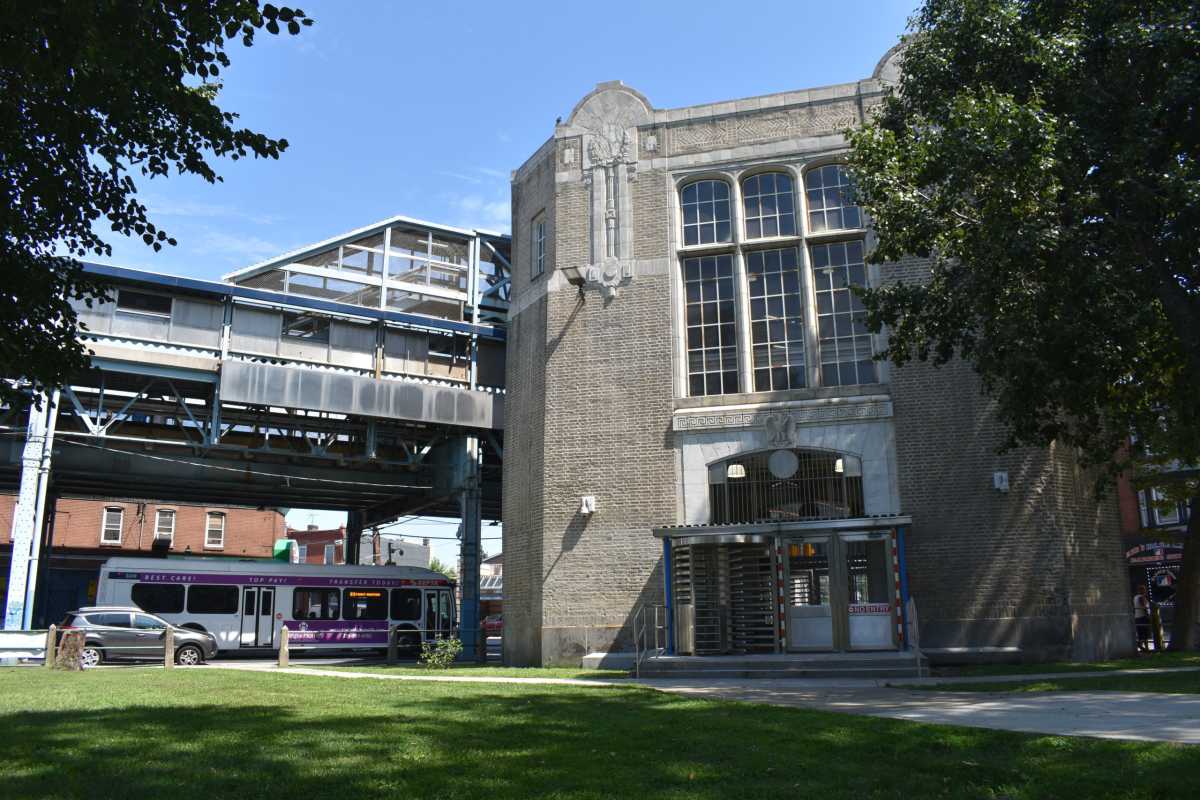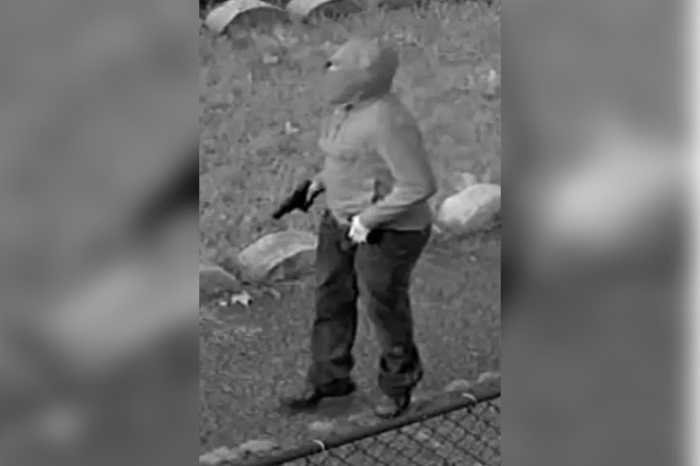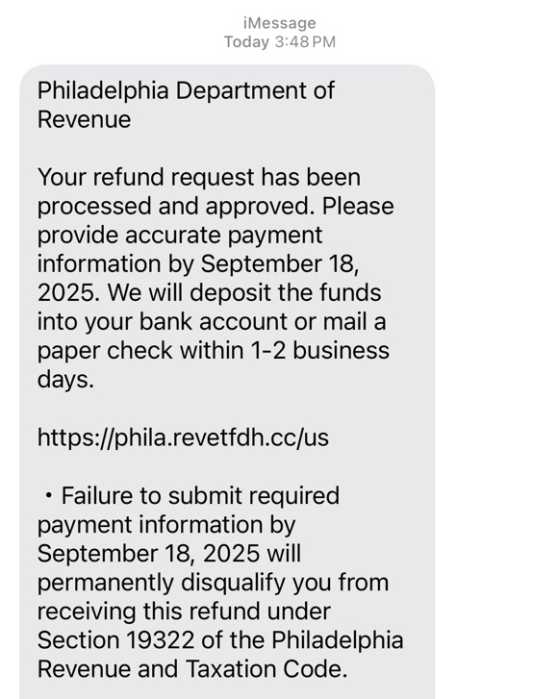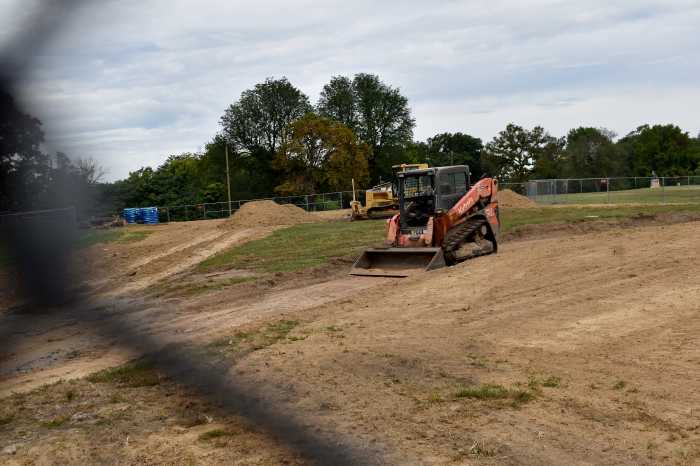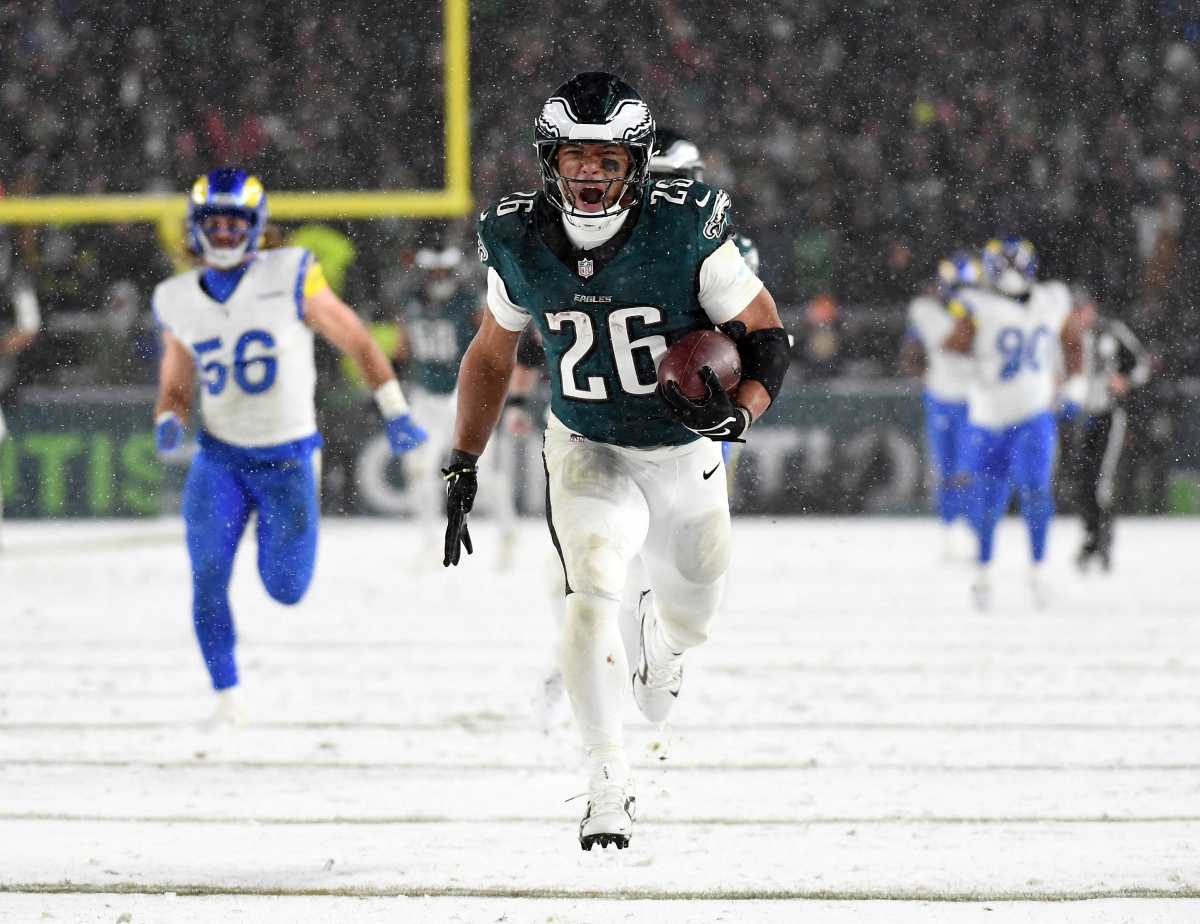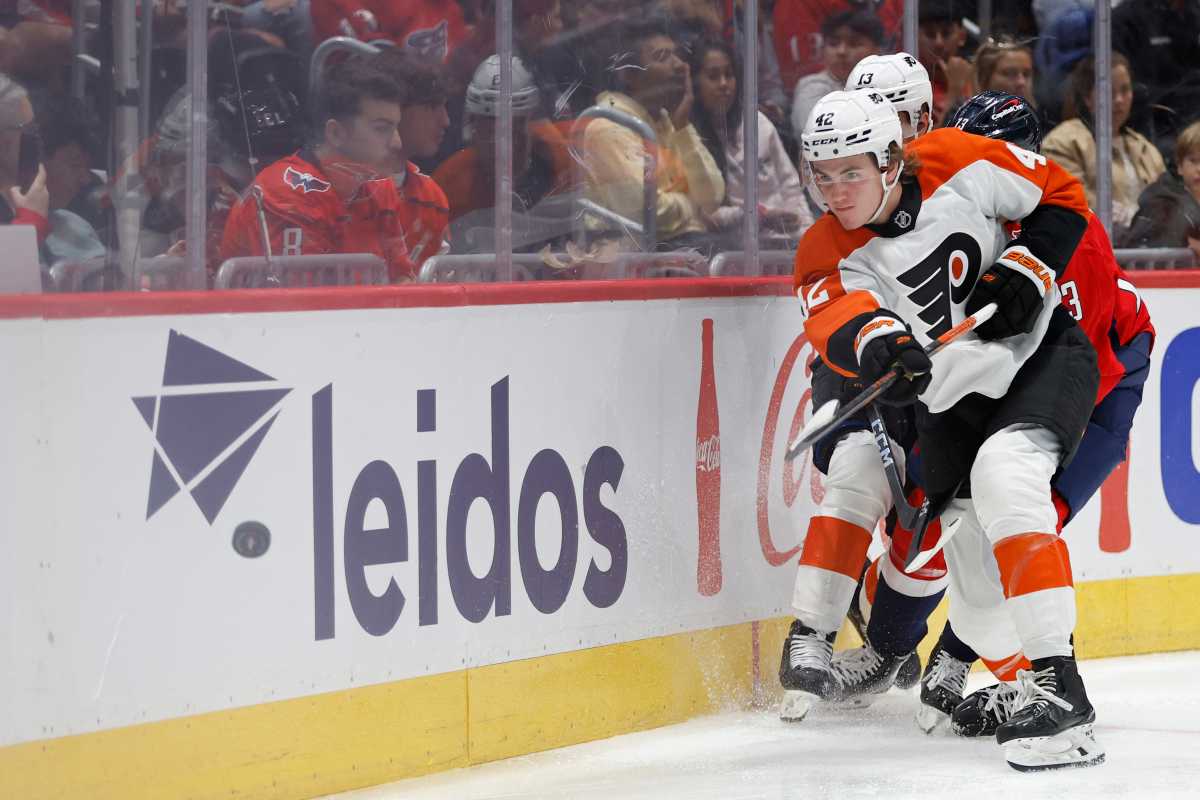SEPTA is getting $317 million from the federal government to replace its current Market-Frankford Line fleet, which has required extensive repairs in recent years due to cracking steel beams.
The money, from the Infrastructure Investment and Jobs Act, is more than three times as much as the authority has ever received from a competitive federal grant. SEPTA has estimated the total cost of purchasing the vehicles – around 200 cars – at around $800 million.
More people ride the MFL, or “el,” than any other SEPTA service, and the line saw more than 14.3 million trips last year.
The M4 trains being used now were introduced in the late 1990s, and the authority was forced to pull dozens of cars off the tracks in 2017 when cracks were discovered in the structure’s central bolster beam. In the years since, crews have been rehabilitating the vehicles, which has affected the number of cars available during service hours.
“The current underperforming M4 fleet no longer provides the frequency or reliability our customers deserve, and replacing these cars is our highest priority,” SEPTA General Manager Leslie Richards said in a statement.
SEPTA is in the process of reviewing bids from companies interested in manufacturing the cars, and administrators are on track to bring a contract award to the transit system’s board for approval in late spring or early summer, authority spokesperson Andrew Busch told Metro.
Once the order is placed, the cars will likely begin arriving in about five years, he added.
Philadelphia’s Congressional delegation, who announced the grant decision Friday, noted in a statement that they wrote a letter in January to U.S. Department of Transportation Secretary Pete Buggieg asking for increased financial support for SEPTA.
That message mentioned the need for new vehicles and also expressed concerns over the authority’s ‘fiscal cliff.’
As federal COVID-19 money is exhausted this spring, SEPTA administrators have said that – without increased funding – the transit system would have to make significant service cuts and fare increases to overcome a $240 million annual deficit.
The grant to replace the MFL cars will not address that deficit, as the money will be directed through the authority’s capital budget, which is set aside for long-term planning and infrastructure projects, not general operating costs.
SEPTA leaders are hoping Harrisburg legislators adopt a measure incorporated into Gov. Josh Shapiro’s budget proposal earlier this month that would allocate a greater share of sales tax revenue to public transit agencies.
However, the $317 million may allow the authority to devote more of its limited capital dollars to other long-range efforts, such as trolley modernization or purchasing new Regional Rail cars – to replace another aging fleet.



